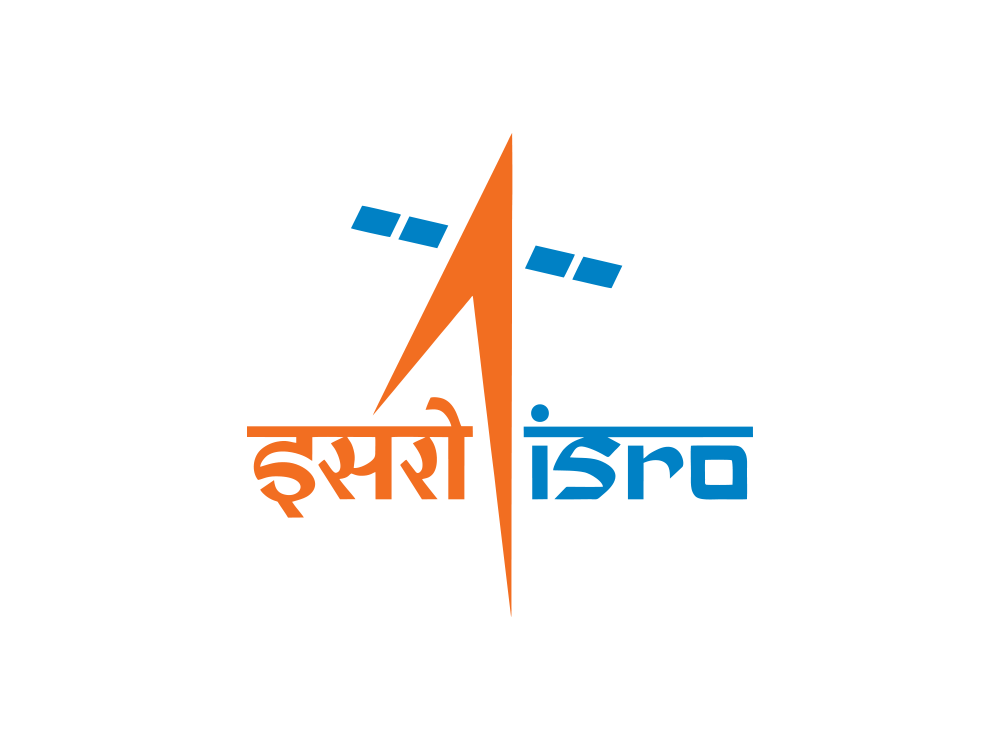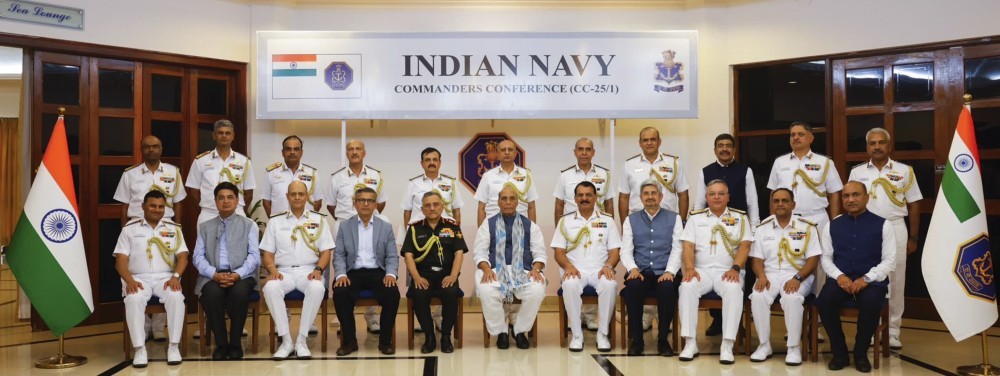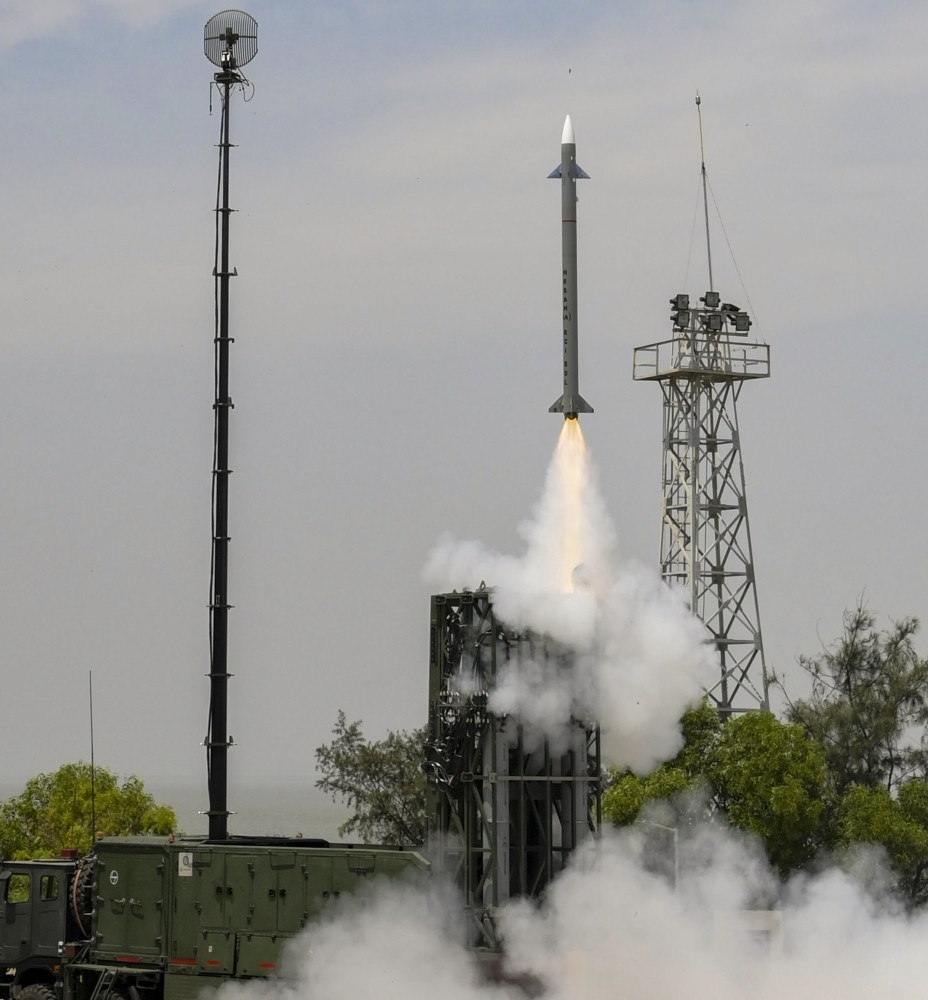
BENGALURU (PTI): ISRO on Friday said that it has successfully flight-tested a fuel cell to assess its operation in space and to collect data to facilitate the design of systems for future missions.
Powering missions with efficiency and emitting only water, these fuel cells are the future for power production in space habitats, the national space agency headquartered in Bengaluru said.
Vikram Sarabhai Space Centre/ISRO successfully tested a 100 W class Polymer Electrolyte Membrane Fuel Cell based Power System (FCPS) in its orbital platform POEM3, launched onboard PSLV-C58 on January 1.
"The objective of the experiment was to assess Polymer Electrolyte Membrane Fuel cell operation in space and to collect data to facilitate the design of systems for future missions," ISRO said in a statement.
During the short duration test onboard POEM, 180 W power was generated from Hydrogen and Oxygen gases stored onboard in high pressure vessels.
"It provided a wealth of data on the performance of various static and dynamic systems that formed part of the power system and the physics at play," the space agency said.
Hydrogen fuel cells produce electricity directly from Hydrogen and Oxygen gases, along with pure water and heat. It is an electric generator which works on electrochemical principles, as in batteries, as against the combustion reactions employed in conventional generators, it was noted.
The ability to produce electricity directly from fuels without any intermediate step renders it very efficient. With water as the only byproduct, they are totally emission-free. These features make them ideal candidates for space missions involving humans where electric power, water and heat are essential, since a single system can meet multiple requirements in the mission, according to ISRO.
Fuel cells also possess significant societal application potential. They are also considered to be the most appropriate solution to replace the engines of various types of vehicles in use today and to power standby power systems.
They can provide a range and fuel recharge time equaling that of today’s conventional engine, which gives them a distinct advantage over batteries, and are expected to facilitate emission-free transportation.
Fuel cell is an ideal power source for the space station as it provides both power and pure water, ISRO added.
 Next Article
Next Article













The Indian Air Force, in its flight trials evaluation report submitted before the Defence Ministry l..
view articleAn insight into the Medium Multi-Role Combat Aircraft competition...
view articleSky enthusiasts can now spot the International Space Station (ISS) commanded by Indian-American astr..
view article